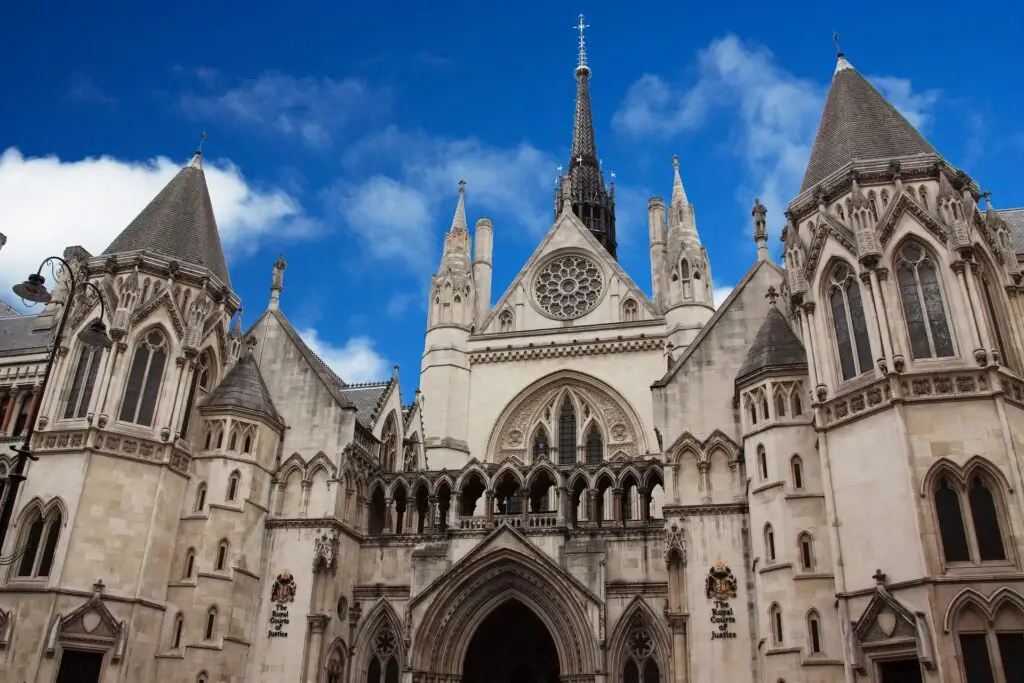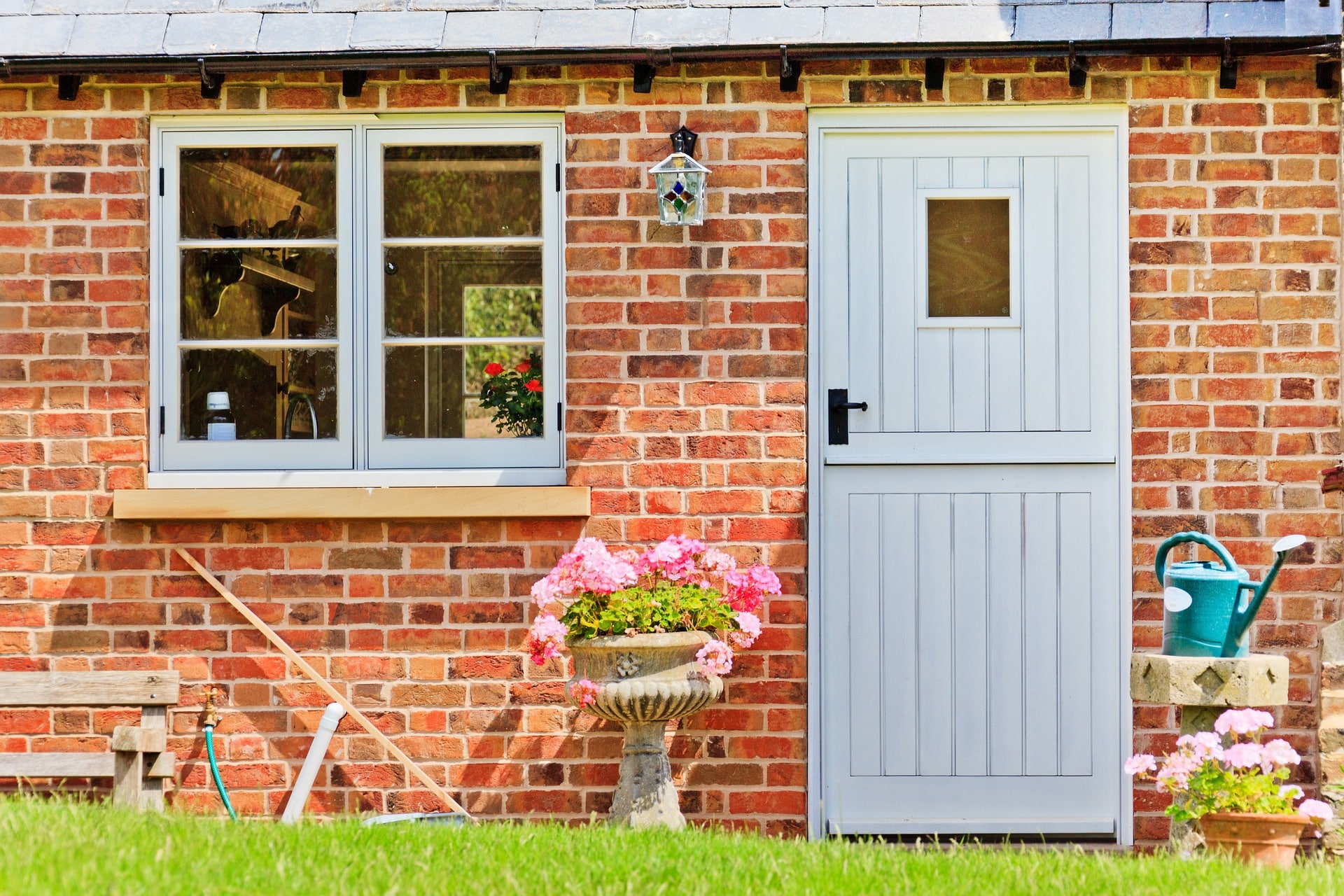When selling a house in the UK, it is important to disclose any relevant information about neighbours that may impact the value or enjoyment of the property. This includes disputes or complaints with neighbours, noise or pollution issues, boundary disputes, or any ongoing legal proceedings.
If you are selling your home you have a legal obligation to provide accurate and truthful information to potential buyers, and failure to disclose such information could result in legal action against you.
In this article, I will discuss what you legally have to disclose about neighbours when selling a house in the UK, where you have to disclose this information and the potential consequences if you fail to be honest.
Legal Obligations for Disclosure
As a seller, you have a legal obligation to disclose certain information about your property and its surroundings to the buyer.
When selling a property in the UK, you have to complete and provide a Property Information Form (known as a TA6 Form) to the buyer. The forms require you to disclose certain information about the property, including any issues related to your neighbours. Additionally, it is advisable to provide any relevant documentation, such as correspondence with the local council or solicitor, to support the disclosure of information about neighbours.
There is a list provided below with examples of what you legally have to disclose about neighbours when selling a house UK.
What Counts as a Dispute With Neighbours?
A dispute with neighbours in the UK refers to an ongoing disagreement or conflict between neighbours, including issues like noise complaints, property boundaries, parking disputes, and more. Resolving disputes peacefully and seeking mediation or legal help if necessary is important.
It is a bit of a grey area but if you have had to write to your neighbour about a dispute, had to lodge a neighbour complaint with the council or seek legal advice then this should be declared in the TA6. If you are unsure what you legally have to disclose when selling your house, ask your solicitor and they will be able to confirm if you need to declare it or not.
Do You Have to Disclose Bad Neighbours When Selling a House?
In the UK, homeowners are required to disclose any known disputes or issues with neighbours when selling a house as it can impact the property’s value and desirability. While not all neighbour-related issues need to be disclosed, failing to inform buyers of significant problems could result in legal action.
If you don’t get along with your neighbour because of a personality clash you wouldn’t need to declare this. It depends what you define as ‘bad neighbours’.
If the neighbour was bad in the past but the issues have been resolved, then you don’t need to declare this.

What Do You Have to Declare About Neighbours When Selling a House in the UK?
So what do you legally have to disclose about neighbours when selling a house UK:
- Noise and Disturbances: One of the most common complaints that buyers have about their neighbours is noise and disturbances. As a seller, you must declare if you’ve had any noise or disturbance issues with your neighbours. This could include loud music, parties, barking dogs, or any other activities that could cause a disturbance. If you’ve made any complaints to the local council or the police about your neighbours, you must disclose this information to potential buyers.
- Boundary Disputes: Boundary disputes are a common issue between neighbours, and they can significantly impact the sale of your property. You must disclose if you’ve had any boundary disputes with your neighbours, such as disagreements over fencing, walls, or trees. These disputes can cause legal and financial issues, and it’s essential to inform buyers of any ongoing disputes or settlements related to boundaries.
- Planning Permission: If your neighbours have made any significant changes to their property, such as an extension, you must disclose if they have obtained planning permission from the local council. This is important because if your neighbour has made changes without permission, the council can order them to remove the changes, causing inconvenience and financial issues for the new owner.
- Shared Amenities: If you share any amenities with your neighbours, such as a driveway, garden, or communal area, you must disclose this information to potential buyers. The shared amenities could impact the use of the property, and buyers need to know the details of the shared space.
- Nuisance and Anti-Social Behaviour: If your neighbours engage in any nuisance or anti-social behaviour, you must disclose this information to potential buyers. This could include any criminal activity, drug use, or any other behaviour that could harm the safety and well-being of the neighbourhood.
- Neighbourhood Disputes: If you’ve had any disputes with your neighbours or issues related to the neighbourhood, such as vandalism or crime, you must disclose this information to potential buyers. Buyers want to know if the neighbourhood is safe and peaceful and if any information related to disputes or issues can impact the sale of the property.
- Insurance Claims: If you’ve made any insurance claims related to your neighbours, such as damage caused by them or their property, you must disclose this information to potential buyers. Insurance claims could impact the property’s insurance coverage, and buyers need to know the details of any claims that you’ve made.
- Environmental Issues: If your neighbours have any environmental issues, such as pollution, pests or hazardous waste, you must disclose this information to potential buyers. Environmental issues can significantly impact the quality of life and health of the neighbourhood, and buyers need to be aware of any issues that could impact their safety and well-being.
- Property Damage: If your neighbours have caused any damage to your property, such as flooding or subsidence, you must disclose this information to potential buyers. Property damage can significantly impact the value of the property and the safety of the new owner, and buyers need to be aware of any damage caused by the neighbours.
- Legal Disputes: If you’ve had any legal disputes with your neighbours, such as boundary disputes or planning permission issues, you must disclose this information to potential buyers. Legal disputes can result in financial and legal consequences, and buyers need to be aware of any ongoing disputes that could impact the sale of the property.
This list is not exclusive and if there is any other dispute you think could be relevant, I would advise checking with your solicitor.
How to Declare Information about Neighbours
Estate agent’s role
When selling a property, it is important to declare information about neighbours to potential buyers. An estate agent can play a crucial role in this process by ensuring that all relevant information about the neighbours is disclosed to potential buyers. The estate agent should ask you about any issues or disputes with neighbours and advise you to disclose this information to potential buyers. Additionally, the estate agent should encourage you to be open and honest about any potential issues with neighbours, as this can help to avoid any future legal disputes.
Filling out the Property Information Form (PIF)
When selling a property, you are required to fill out a Property Information Form (TA6 form) that asks for information about the property and its surroundings. The TA6 includes a section that specifically asks for information about neighbours, including any disputes or issues that have arisen. You need to be honest and thorough when filling out the TA6, as this can help to avoid any future legal disputes. This helps potential buyers make an informed decision about whether or not to purchase your property.
The Law Society have some very helpful and detailed guidance on completing the TA6, which you can find here.
Legal advice and guidance
You should seek legal advice and guidance to confirm what you legally have to disclose when selling a house UK. This can help to ensure that all relevant information is disclosed and that you are protected from any potential legal disputes. A solicitor can provide advice on what information needs to be disclosed and how to do so in a legally binding way. Additionally, a solicitor can provide guidance on how to deal with any disputes that arise with neighbours during the selling process.

What Happens If You Don’t Declare a Neighbour Dispute in the UK?
Failing to declare a neighbour dispute when selling a property in the UK can have serious legal and financial consequences. If a dispute arises after the sale has been completed, the buyer may have grounds to take legal action against you for misrepresentation or breach of contract.
Under UK law, sellers have a legal obligation to disclose any material information that could influence a buyer’s decision to purchase a property. Failure to disclose this information could be considered fraudulent misrepresentation, which is a serious offence. It’s important to provide any documentation that is related to the disputes. This could include reports from the council, the police, or any other relevant authority.
In addition to legal consequences, failing to disclose a neighbour dispute could also result in financial penalties. The buyer could claim compensation for any losses they suffer as a result of the dispute, such as legal fees, property repairs, or reduced property value.
To avoid these consequences, it’s essential to disclose all relevant information related to neighbour disputes. This includes any ongoing disputes, complaints, or legal proceedings related to the property or the neighbourhood. By being transparent and honest in your disclosures, you can help ensure a smooth and successful sale, and avoid any legal or financial issues down the line.
If you’re unsure about what you need to declare about your neighbours, it’s always best to err on the side of caution and disclose as much information as possible. This could include anything that could potentially impact the value of the property or the safety and well-being of the new owner.
Can I Sell My House With an Ongoing Neighbour Dispute?
It is possible to sell your house with an ongoing neighbour dispute. However, it is important to disclose the dispute to potential buyers and their solicitors. Failing to disclose the dispute could lead to legal action being taken against you by the buyer after the sale is completed.
Disclosing the dispute to potential buyers can help manage their expectations and allow them to make an informed decision about whether to proceed with the purchase. It is also a legal requirement to disclose any disputes or issues that may affect the property’s value or desirability.
If the dispute has resulted in legal action or a court case, it may be advisable to seek legal advice before selling the property. A solicitor can advise you on the legal implications of the dispute and how it may affect the sale process.
In some cases, it may be possible to resolve the dispute before selling the property, which could help to avoid any potential legal issues or delays during the sale process. However, this will depend on the specific circumstances of the dispute and the willingness of all parties involved to find a resolution.
Conclusion
Declaring information about neighbours is an important part of the process of selling a property. It helps to ensure that buyers are aware of any potential issues or disputes with neighbours, which can help to avoid future legal disputes and maintain your credibility and reputation.
By following the guidelines discussed in this article, you can provide potential buyers with the information about your neighbours they need to make an informed decision and sell your property with confidence.
I hope this helped you understand what you legally have to disclose when selling a house in the UK.
Let me know in the comments if you have purchased a house where the seller didn’t disclose information about neighbours.





Leave a Reply